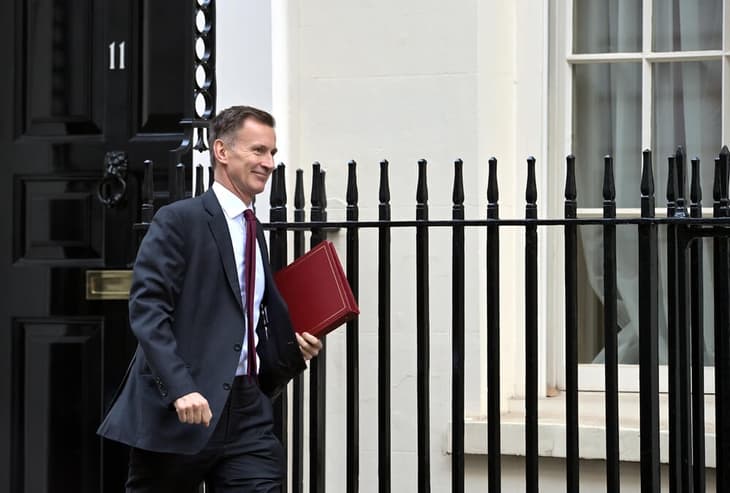The UK Chancellor has today (March 15) announced £20bn ($24bn) of funding for carbon capture, utilisation and storage (CCUS) and revealed plans for Great British Nuclear, with intentions of investing in small modular reactors.
Despite no mention of hydrogen in the hour-long delivery, Jeremy Hunt’s budget has given hope that blue hydrogen and nuclear-produced hydrogen will gain more support.
Saying he wanted to develop “another plank of the green economy”, the Chancellor said he would allocate up to £20bn to support the early development of CCUS across the UK in the run up to 2050, telling MPs it would support, “50,000 jobs, attract private sector investment, and capture 20-30 million tonnes of carbon dioxide per year by 2030.”
Under his plans for the state-owned nuclear company, Hunt told MPs that nuclear power will be classed as “environmentally sustainable,” subject to consultation to give it access to the same investment incentives as renewable energy.
... to continue reading you must be subscribed






